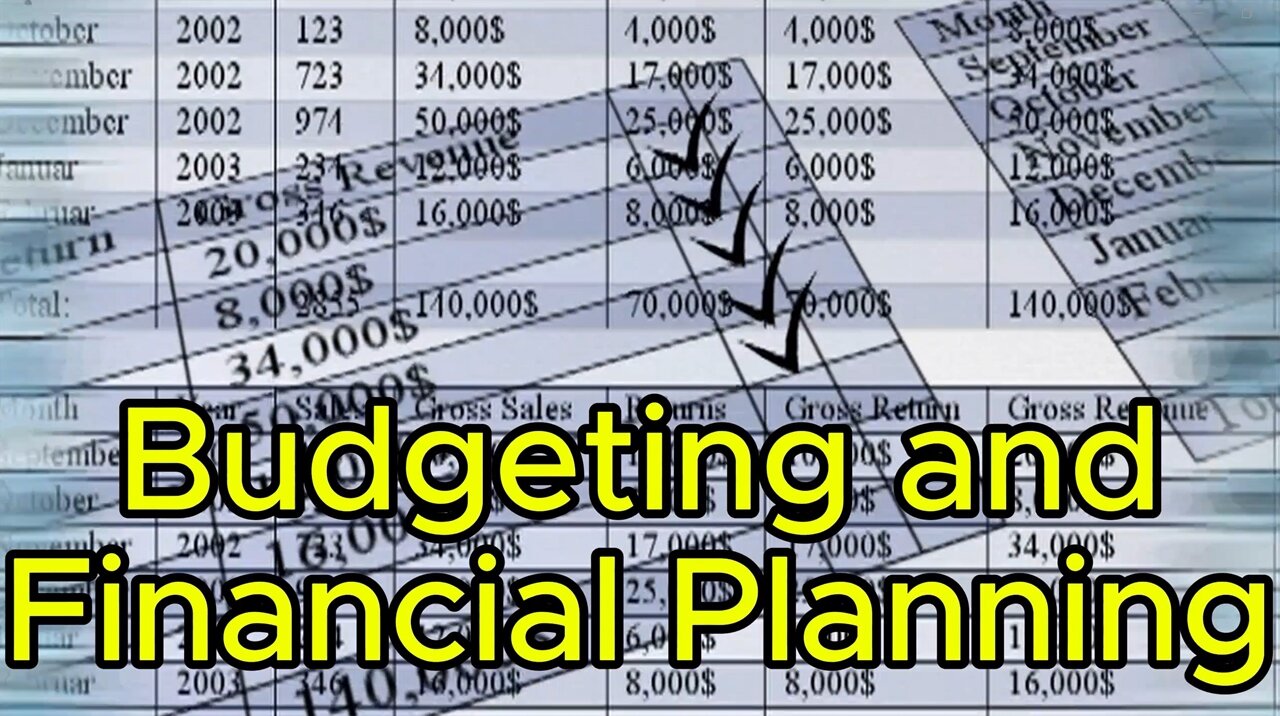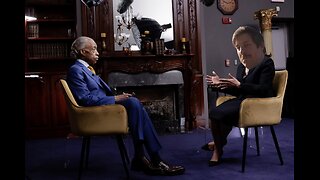Premium Only Content

Budgeting and Financial Planning
Budgeting and Financial Planning
Budgeting and financial planning are essential skills that help teenagers manage their money effectively, build savings, and avoid unnecessary debt. By understanding how to create and follow a budget, teenagers can gain financial discipline that will serve them well throughout their lives.
1. Creating a Basic Budget: Income vs. Expenses
The first step in budgeting is understanding income and expenses. This involves listing all sources of income, such as allowances, part-time job earnings, or gift money, and comparing them to expenses, such as school supplies, transportation, and entertainment. A basic budget should clearly outline how much money is coming in and how much is going out each month.
To create a budget:
List all sources of income: Include regular and occasional sources.
Track all expenses: Categorize expenses into needs (e.g., food, transportation) and wants (e.g., movies, snacks).
Ensure a balance: Aim for income to exceed or match expenses, ensuring there’s money left for savings.
2. Allocating Money into Categories
Dividing money into categories ensures that funds are managed responsibly. A common and effective method is the 50/30/20 rule:
50% for necessities: This portion covers essential expenses like food, transportation, and basic supplies.
30% for discretionary spending: This includes non-essential expenses such as hobbies, outings, and entertainment.
20% for savings and emergency funds: Allocating at least 20% for savings ensures that there is a safety net for unexpected expenses and future financial goals.
By using this or a similar approach, teenagers can learn to prioritize their spending and maintain a balanced financial lifestyle.
3. Using Apps or Journals to Track Expenses
Tracking expenses is a key part of sticking to a budget. Teenagers can use tools that suit their preferences and needs:
Budgeting Apps: Applications like Mint, YNAB (You Need A Budget), or simpler ones designed for beginners can help record and categorize income and expenses automatically. These apps can send reminders and generate reports to show spending habits.
Journals or Notebooks: For those who prefer a more traditional approach, keeping a journal to write down daily or weekly expenses can be effective. This method encourages mindfulness and helps visualize where the money goes.
Tips for Successful Budgeting
Review and adjust regularly: Budgeting isn’t static; review it monthly to make adjustments as needed.
Set clear financial goals: Whether it’s saving for a trip or purchasing a new gadget, having a goal can make budgeting more motivating.
Stay disciplined: Avoid impulse purchases and stick to the budget to build long-term financial stability.
By learning how to budget and plan expenses, teenagers can develop a strong sense of financial responsibility and lay the groundwork for a successful financial future.
-
 LIVE
LIVE
Benny Johnson
1 hour agoKamala Campaign EXPOSED as Scam To DEFRAUD Democrats | Spiraling Drunk Kamala Posts Slurring RANT 🤣
10,155 watching -
 1:35:35
1:35:35
Graham Allen
4 hours agoDid Trump Just Bring Peace In Israel?! Biden Sending $24 BILLION To Ukraine! + Kamala Is Back???
93.8K160 -
 1:56:47
1:56:47
Matt Kohrs
13 hours agoIt's Payday Friday!!! || The MK Show
35.7K7 -
 35:31
35:31
BonginoReport
5 hours agoTackling Trump Derangement This Thanksgiving: Evita + Michael Knowles (Ep.94) - 11/27/24
72.3K113 -
 LIVE
LIVE
LFA TV
15 hours agoTRUMP BROKE KAMALA! | LIVE FROM AMERICA 11.27.24 11am EST
5,794 watching -
 UPCOMING
UPCOMING
MYLUNCHBREAK CHANNEL PAGE
20 hours agoThe Hidden History of Budapest
15.9K2 -
 1:50:22
1:50:22
Jeff Ahern
3 hours ago $7.52 earnedNever Woke Wednesday. The Thanksgiving show!
28.9K3 -
 1:34:07
1:34:07
Game On!
16 hours ago $11.63 earnedThis is BAD! Things are getting so much worse for Conor McGregor!
52.6K6 -
 33:38
33:38
Brewzle
1 day agoI Created My First Whiskey Blend!
76.7K11 -
 4:24
4:24
Gun Owners Of America
22 hours agoHere's Our Plan To Overturn Gun Control in 2025
63.4K31